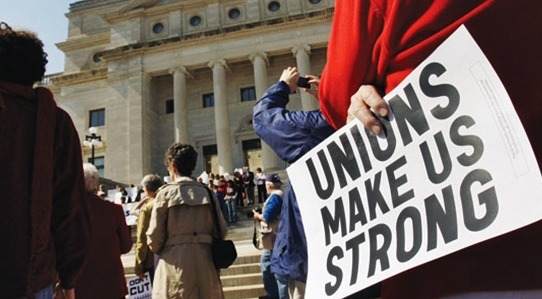Spring 2016
By Tim Lyons
I can remember the exact moment I knew that the Rudd government’s resources super profits tax (RSPT) was dead, and that the labour movement in general and unionism in particular were in very serious trouble.
It was in 2010, and I was hurrying through Perth airport after some long-forgotten speaking engagement as ACTU assistant secretary. In the departure hall, at tables with posters predicting the end of the mining industry, attractive young women who might on other days have been recommending a glass of the sponsor’s product in a pub, were signing up Fly In Fly Out (FIFO) mine workers to petitions, lists and MP contact forms.
I was angry because I knew that union attempts over the years to do something as simple as rent a billboard had been rejected by airport operators as ‘too political’. But I was mostly angry about what it meant for the labour movement as a whole. It meant we were losing the only thing the movement can ever really have: people.
In the union movement we have a name for what was happening in that airport. We call it organising. Organising is systematic contact with a workforce with an aim to build collective power that enables workers to win. Except this time it was being used on the labour movement. And we appeared to be utterly powerless to stop it.
Click the link below to read the full article at Meanjin

